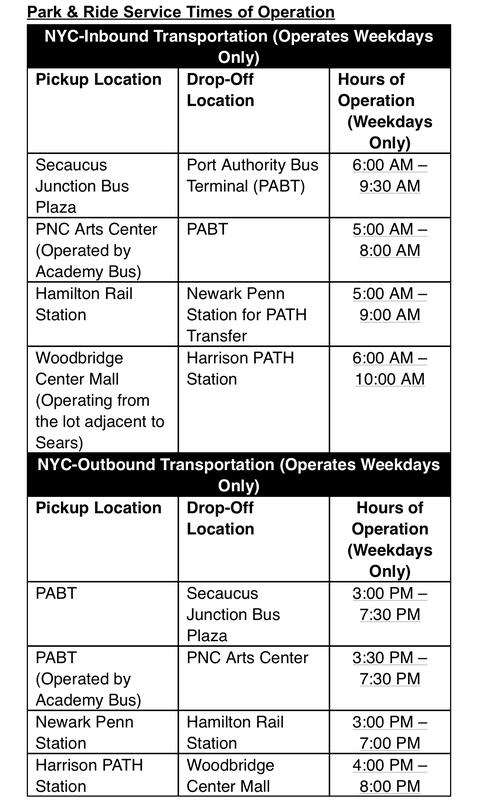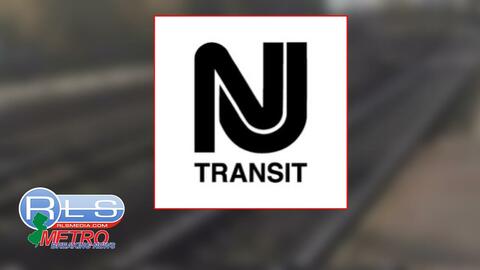By: Richard L. Smith
In a significant disruption to New Jersey’s transportation infrastructure, NJ Transit locomotive engineers commenced a strike at 12:01 a.m. on Friday, May 16, 2025, after protracted contract negotiations failed to yield an agreement.

This marks the first major transit strike in the state since 1983, bringing all NJ Transit rail services, including the Metro-North Railroad’s West of Hudson lines, to a standstill.
Widespread Impact on Commuters and Economy
The strike affects approximately 350,000 daily commuters who rely on NJ Transit’s rail network for travel between New Jersey and New York City.
The sudden cessation of services has left many scrambling for alternative transportation options, leading to increased congestion on roads and overwhelming demand on bus services.
Governor Phil Murphy expressed concern over the strike’s ramifications, stating, “This strike will upend the lives of hundreds of thousands of New Jerseyans. 
The path to a new contract will be paved at the negotiating table, not the picket line.”
He urged the Brotherhood of Locomotive Engineers and Trainmen (BLET) to return to negotiations to reach a fair and affordable deal.
Contingency Measures and Limitations
In anticipation of the strike, NJ Transit implemented a contingency plan focusing on the more than 70,000 daily New York-bound customers.
The plan includes enhancing select existing New York commuter bus routes near rail stations and contracting with private carriers to operate bus services from four regional Park & Ride locations during weekday peak periods.

However, these measures can accommodate only about 20% of current rail customers, highlighting the limitations of the contingency efforts.
NJ Transit strongly encourages employers to allow their employees to work from home if possible, limiting travel on the NJ Transit system to essential purposes only. Customers without internet access can obtain live operator assistance 24 hours a day by calling (973) 275-5555.
Economic and Regional Implications
The strike’s impact extends beyond daily commuters, posing significant challenges to the state’s economic infrastructure.
With NJ Transit providing nearly 1 million weekday trips, the disruption affects not only individual travelers but also businesses and services dependent on reliable transportation.
The halt in rail services is expected to result in substantial economic losses due to decreased productivity and increased transportation costs.
Moreover, the strike exacerbates existing transportation issues in the region, including ongoing delays at Newark Liberty International Airport and infrastructure concerns on major roadways like Interstate 80.
The convergence of these challenges underscores the fragility of the state’s transportation network and the urgent need for sustainable solutions.
Ongoing Negotiations and Prospects
Despite the current impasse, both NJ Transit officials and union representatives have expressed willingness to continue negotiations. NJ Transit President & CEO Kris Kolluri emphasized the agency’s commitment to reaching a resolution, stating, “I am committed to remaining at the bargaining table for as long as it takes to get an agreement finalized.”
The union, representing approximately 450 engineers, seeks its first wage increase since 2019, arguing that the proposed compensation adjustments are necessary to retain skilled workers and ensure the system’s long-term viability. 
NJ Transit officials, however, caution that meeting the union’s demands could trigger similar requests from other labor groups, potentially straining the agency’s financial resources.
As the strike continues, commuters and stakeholders await further developments, hopeful for a swift and equitable resolution that restores vital transportation services across New Jersey.
